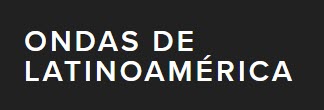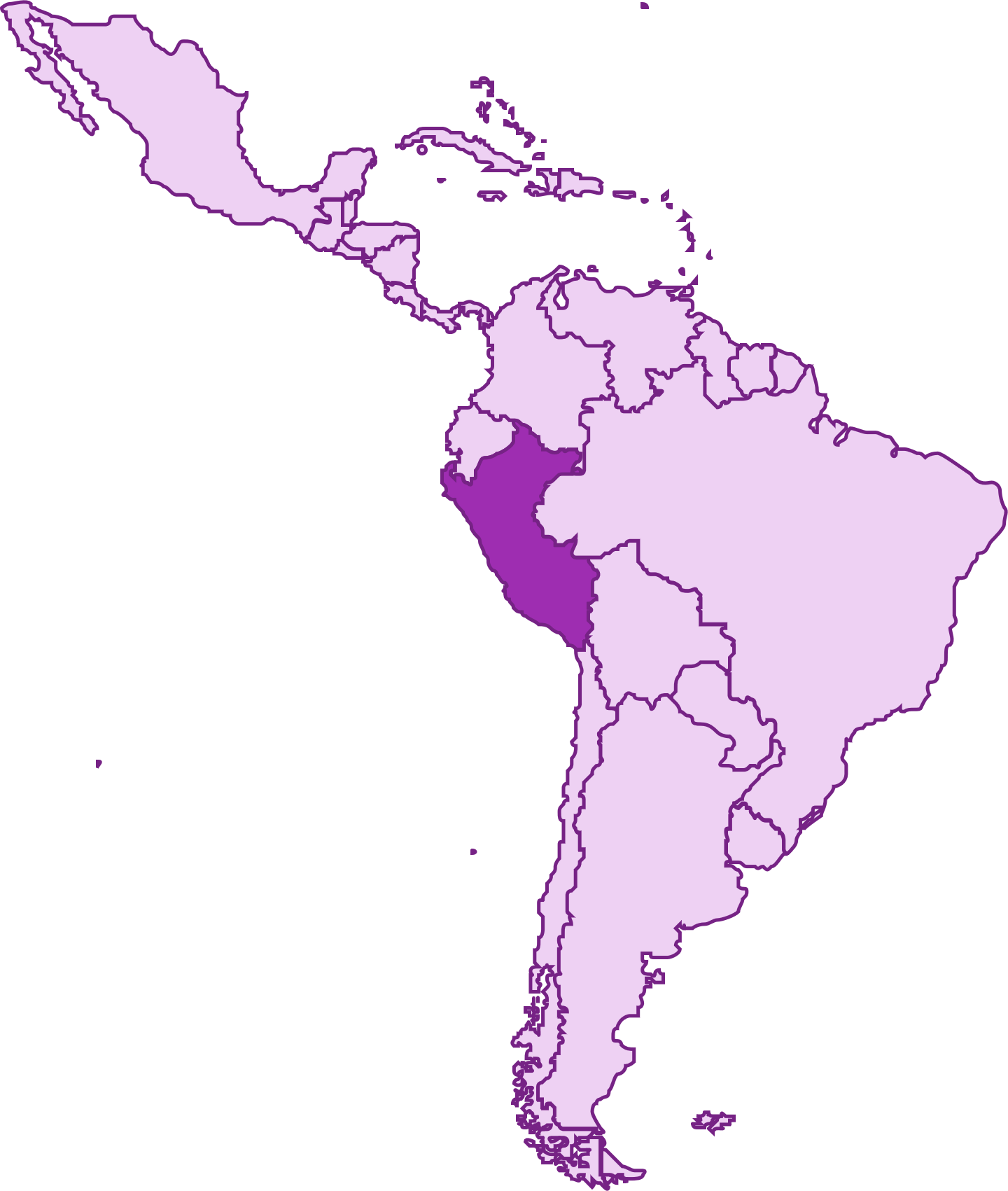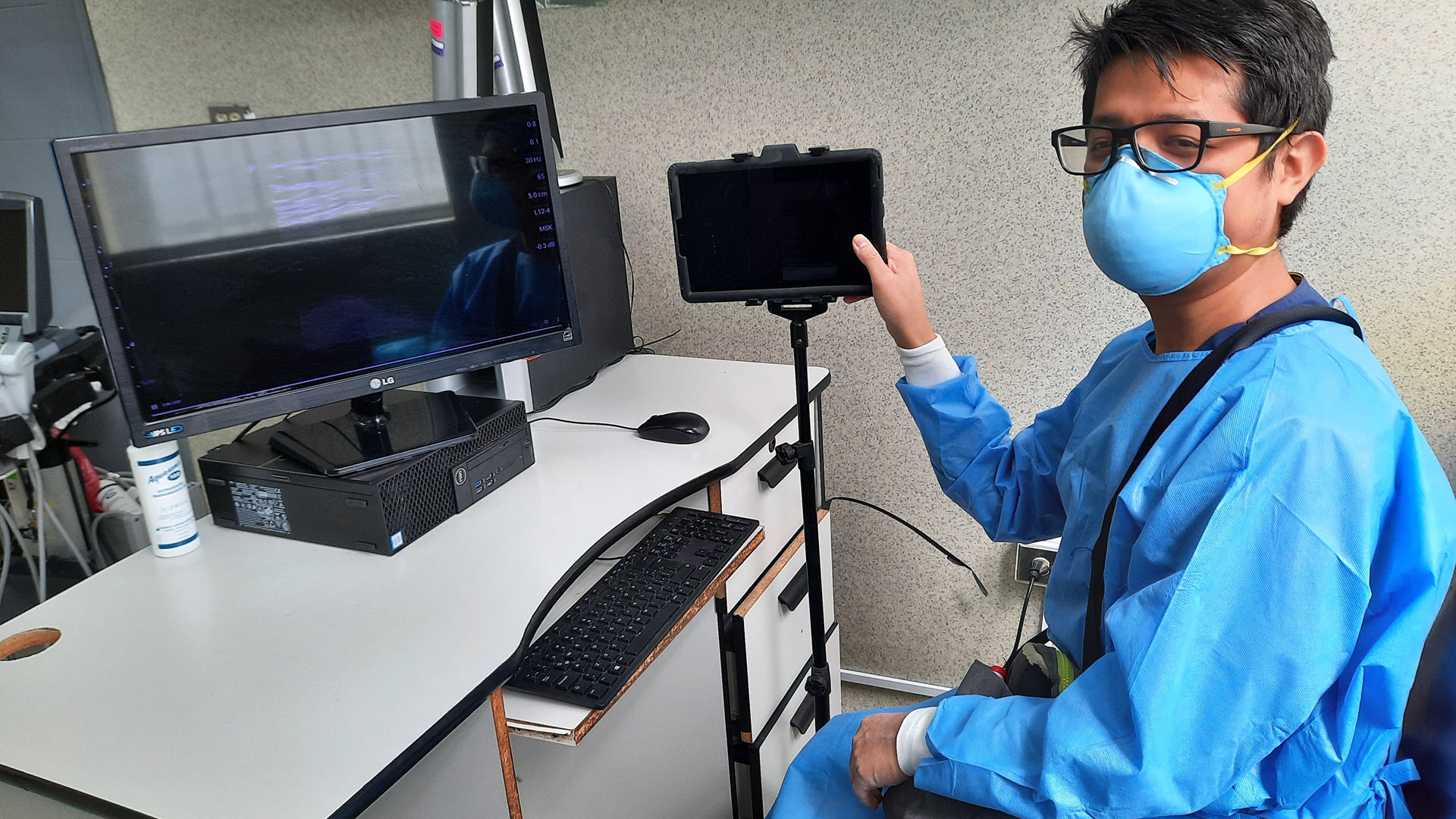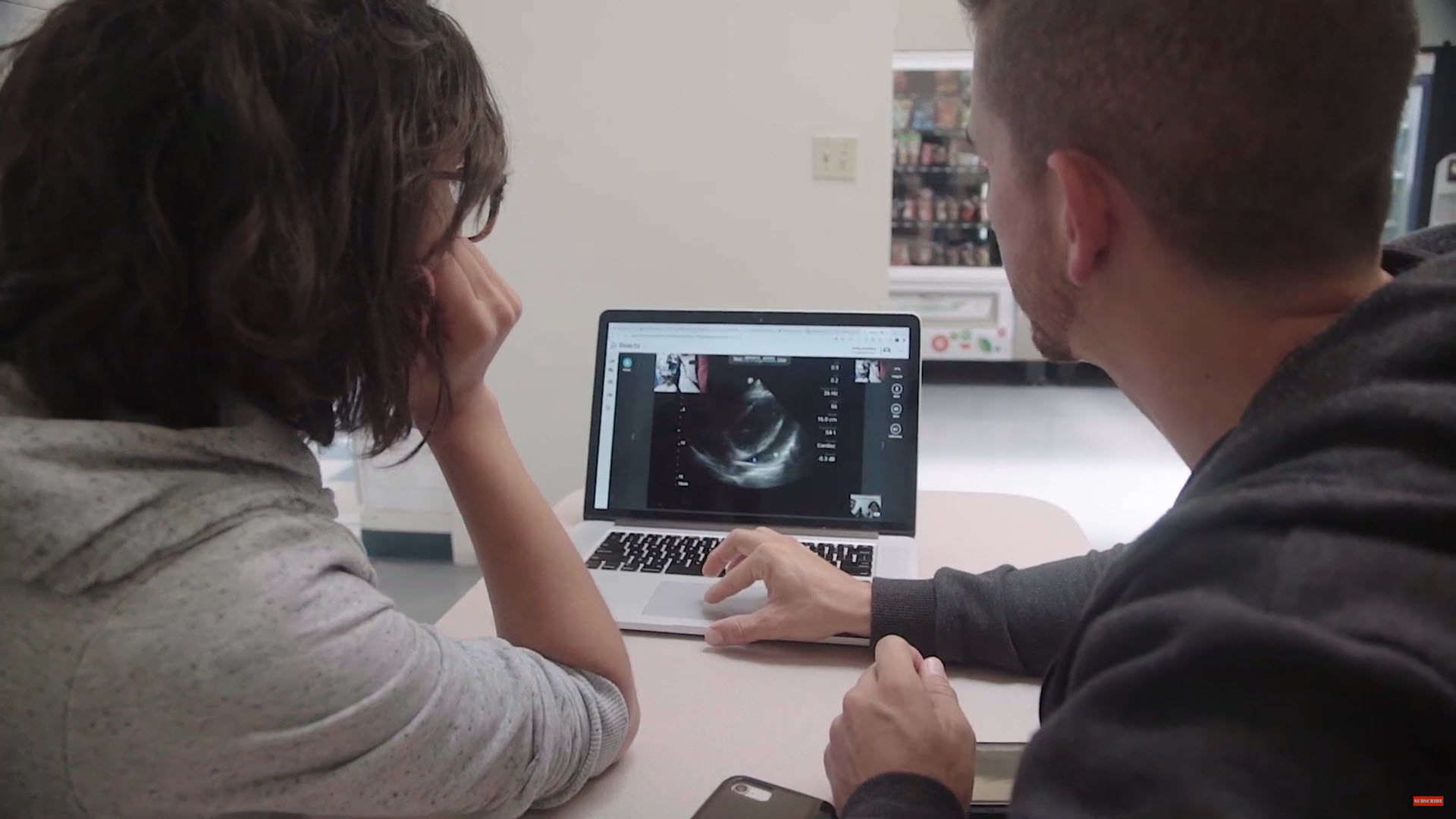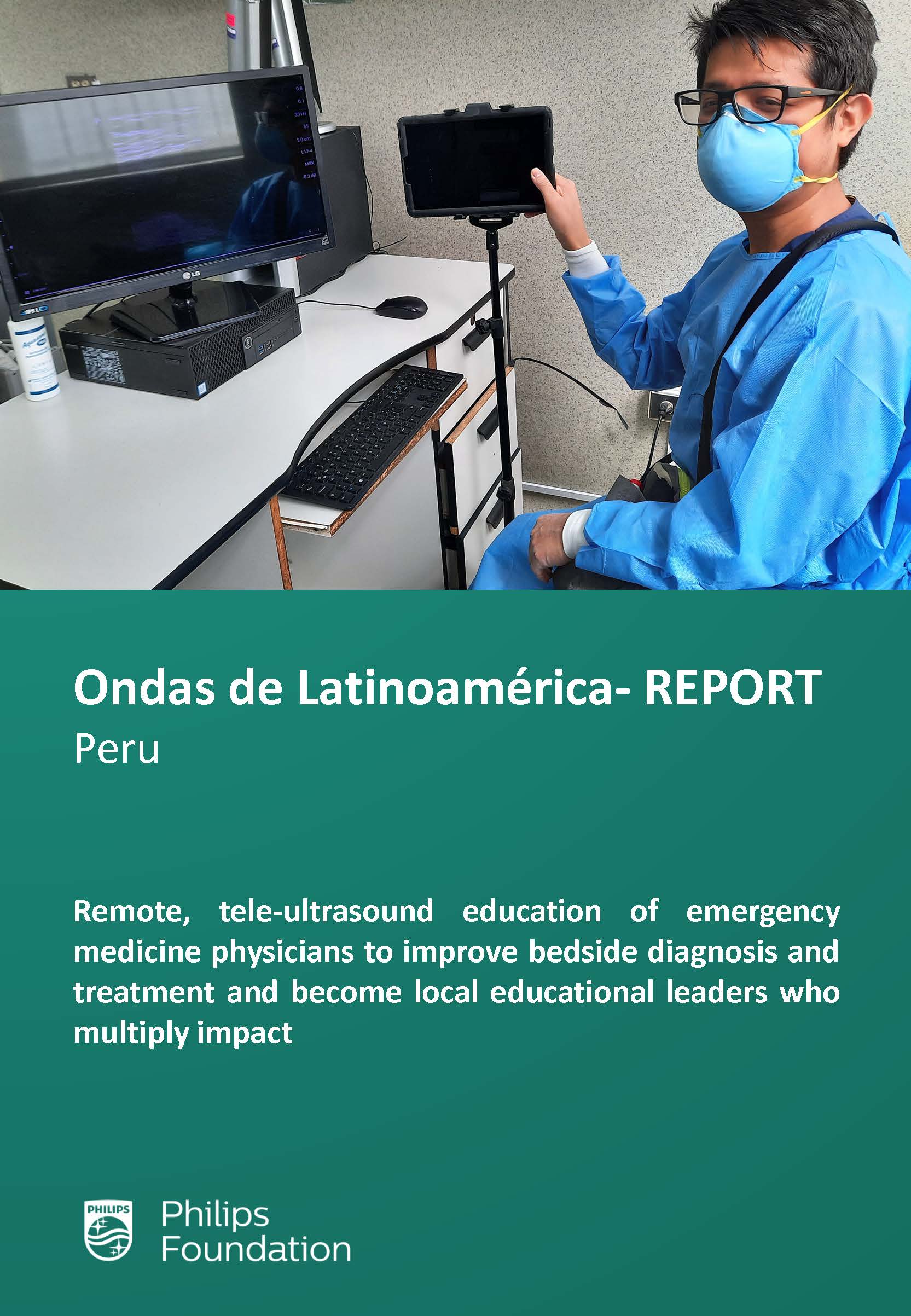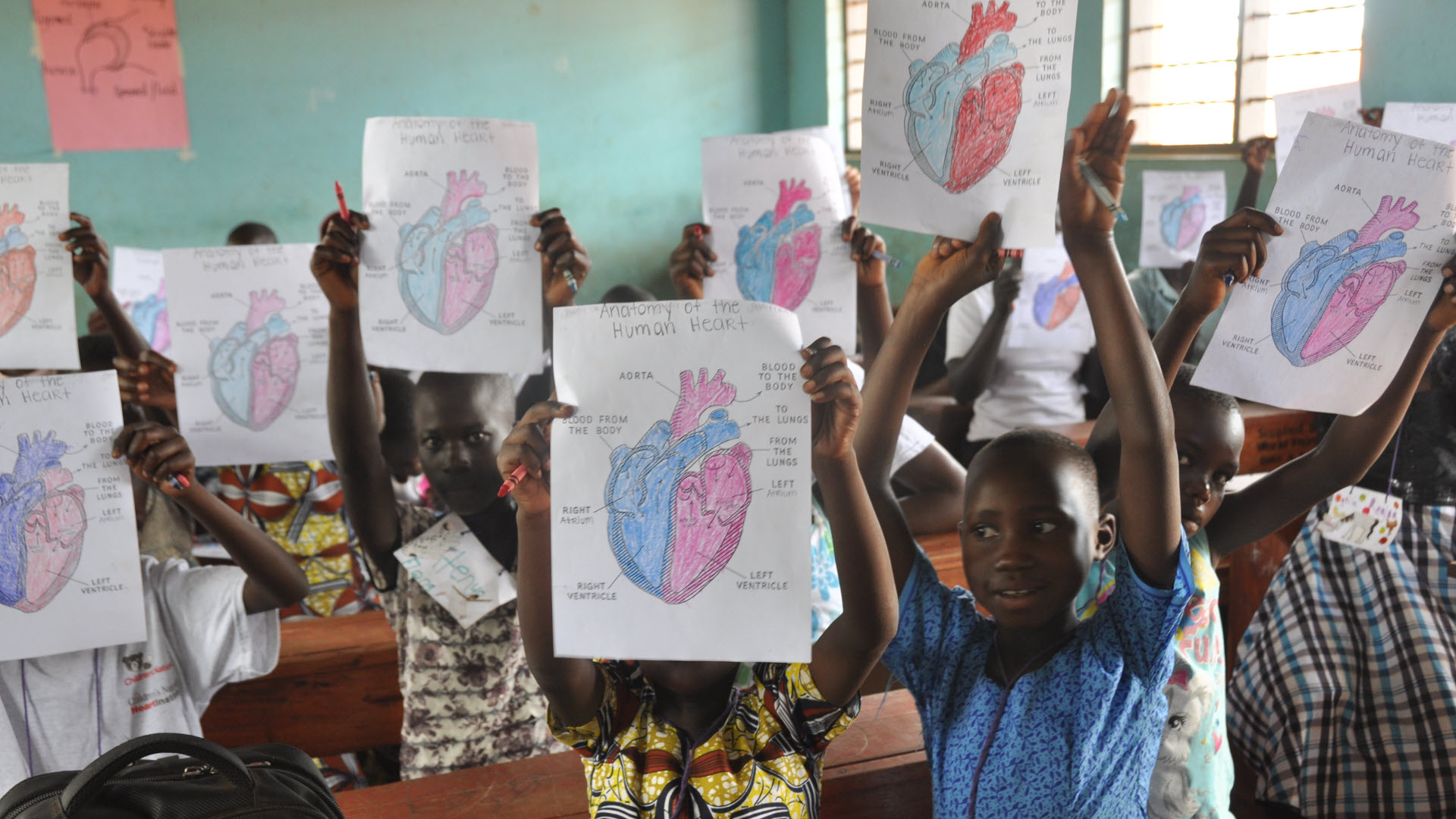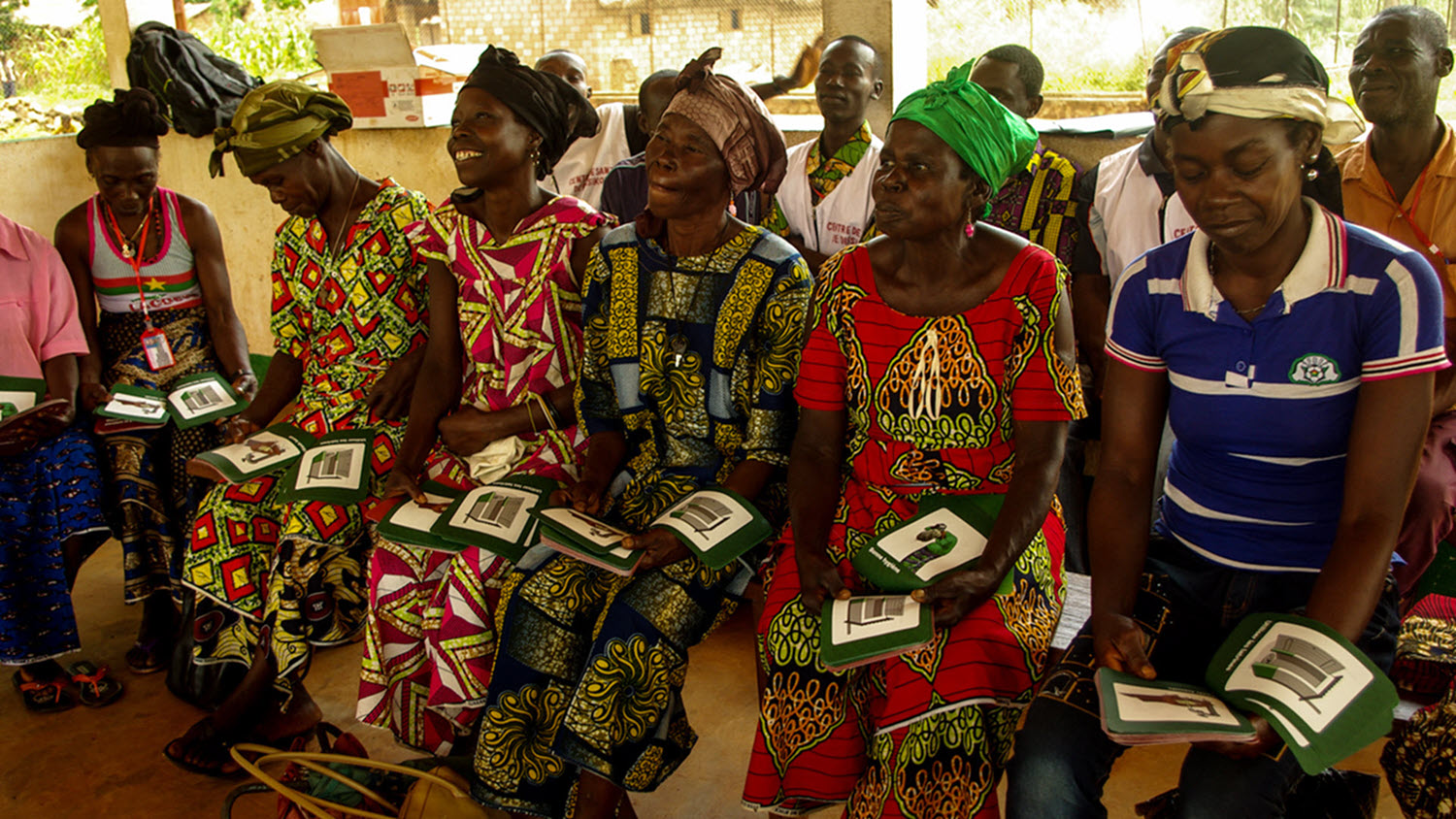How
Ondas de Latinoamérica selected 11 emergency medicine physicians from both urban and rural sites for a one-year POCUS fellowship training program. The training started with a two-week “boot-camp” in Peru to introduce the types of POCUS exams and focus on hand-on scanning. Following the “boot-camp,” the fellows had access to online lectures and remote tele-ultrasound education. The program included weekly question-and-answer sessions, scheduled journal club meetings, and scheduled and unscheduled live consultation sessions through the tele-ultrasound platform.
Telehealth solution
The remote tele-ultrasound education and consultation was enabled by the Philips Lumify portable ultrasound solution in combination with the Reacts collaborative platform. This allowed healthcare professionals to interact remotely and dynamically in a wide range of applications, from teleconsultations, secure messaging and tele-ultrasound to interactive telesurgical assistance and remote procedure supervision.
As part of the program, each fellow was required to complete a quality improvement project, educational project or research project. This led to various conference contributions, scientic publications and other knowledge-generating activities as spin-off of the project.


